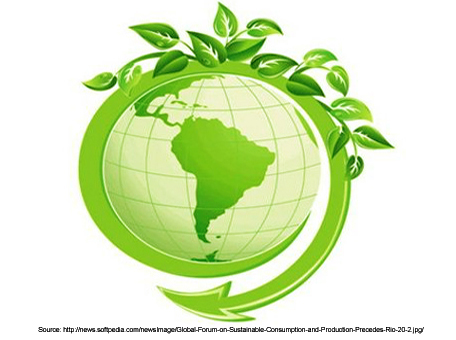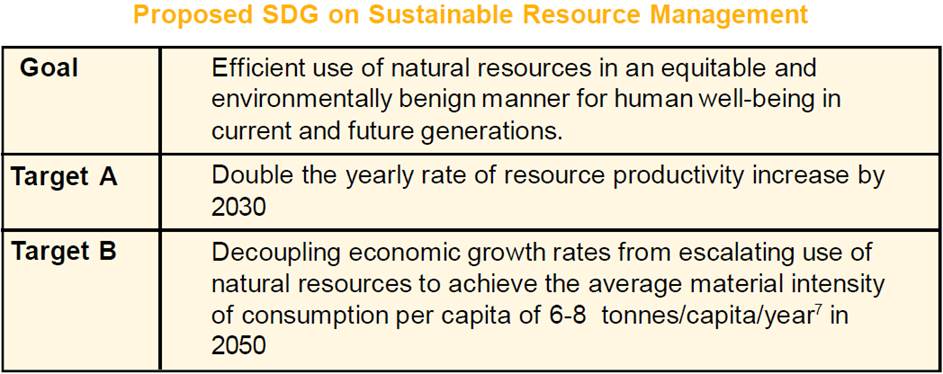|
The Story of Stuff T he next 700 words or so are going to be about stuff. We use stuff for everything. It defines us and our world. Stuff is how we look at our growth and development. Stuff is all the goods and products we use through the day. Our resource driven economy can be broken into five stages - extraction, production, distribution, consumption and disposal. We will focus on the extraction and production phases.The Stuffy Economy "Our enormously productive economy... demands that we make consumption our way of life, that we seek our ego satisfaction, in consumption... we need things consumed, burned up, replaced and discarded at an ever-accelerating rate." ~ Victor Lebow (1955) In order to keep consuming, we need to keep producing. And producing is resource intensive. The current economic model and the growth it has led to over the last few decades managed to lift millions of people out of poverty. With living standards rising in much of the South, the proportion of people living in extreme income poverty worldwide plunged from 43 % in 1990 to 22% in 2008 1.With its heavy reliance on natural resources, the pursuit of such economic growth has created unprecedented environmental damage and resource depletion. Unsustainable production and consumption patterns of land-based products are exerting unprecedented pressure on land resources across the globe 2. Production of conventional fossil fuels has peaked3. Total material extraction increased by a factor of 8 to support a 23-fold GDP growth4. Annual extraction of ores, minerals, hydrocarbons and biomass to keep us fed, clothed, housed, mobile, entertained and connected grew from 7 billion tonnes in 1900 to 60 billion tonnes today. On current trends of growth in population and economic activity, this number is expected to reach 140 billion tonnes by 2050.Sustainable Production Increasing populations have forced us to rethink our production systems like the global consensus to adopt sustainable consumption and production (SCP) systems. SCP refers to "the use of services and related products… responding to basic needs…bringing a better quality of life… minimising the use of natural resources and toxic materials and emissions of waste and pollutants over the life cycle of the service or product …. not jeopardising the needs of future generations 5".It is a cross-sectoral, multi-stakeholder approach aiming at decoupling resource use from environmental degradation through resource efficiency in production processes while transitioning towards a green economy. Goals for Sustainable Production Though the Millennium Development Goals (MDGs) made definitive progress on many aspects, they paid little attention to resource use and related impacts on the environment. Goal 7 on Ensuring Environmental Sustainability targeted reduced biodiversity and resource loss, improved access to water and sanitation etc. However, aspects of resource extraction and consumption were not tackled. The formulation of the Sustainable Development Goals (SDG), building on the Millennium Development Goals (MDGs) in convergence with the Post 2015 Development Agenda present an opportunity to bring attention to issues of resource use as a means to pursue focused and coherent action on sustainable development. Development Alternatives is working with the UNEP-International Resource Panel on developing a reflection on the establishment of SDGs aimed at decoupling economic growth from escalating resource use and environmental degradation 6. The report proposes a separate SDG on Sustainable Resource Management focusing on resource productivity, outlining a trajectory for efficient use of natural resources in an equitable and environmentally responsible manner. The targets are designed to account for different levels of development with common but differentiated responsibilities to enable universal application.While there is a standalone goal, it is also imperative to ensure that there is synergy with other goals, so that the overlapping targets help in achieving the aim of sustainable development. q Kriti Nagrath Endnotes 1 2013 Human Development Report 2 UNEP (2013) Assessing Global Land Use: Balancing Consumption With Sustainable Supply, A Report of the Working Group on Land and Soil to the International Resource Panel – draft (to be published) 3 International Energy Agency (2008) World Energy Outlook 2008. 4 UNEP (2011) Decoupling natural resource use and environmental impacts from economic growth, A Report of the Working Group on Decoupling to the International Resource Panel. 5 Global SCP Clearinghouse, 2014 6 Development Alternatives (2014) Managing And Conserving The Natural Resource Base For Sustained Economic And Social Development, A report to the International Resource Panel - UNEP 7 UNEP (2011) Decoupling natural resource use and environmental impacts from economic growth, A Report of the Working Group on Decoupling to the International Resource Panel. |

